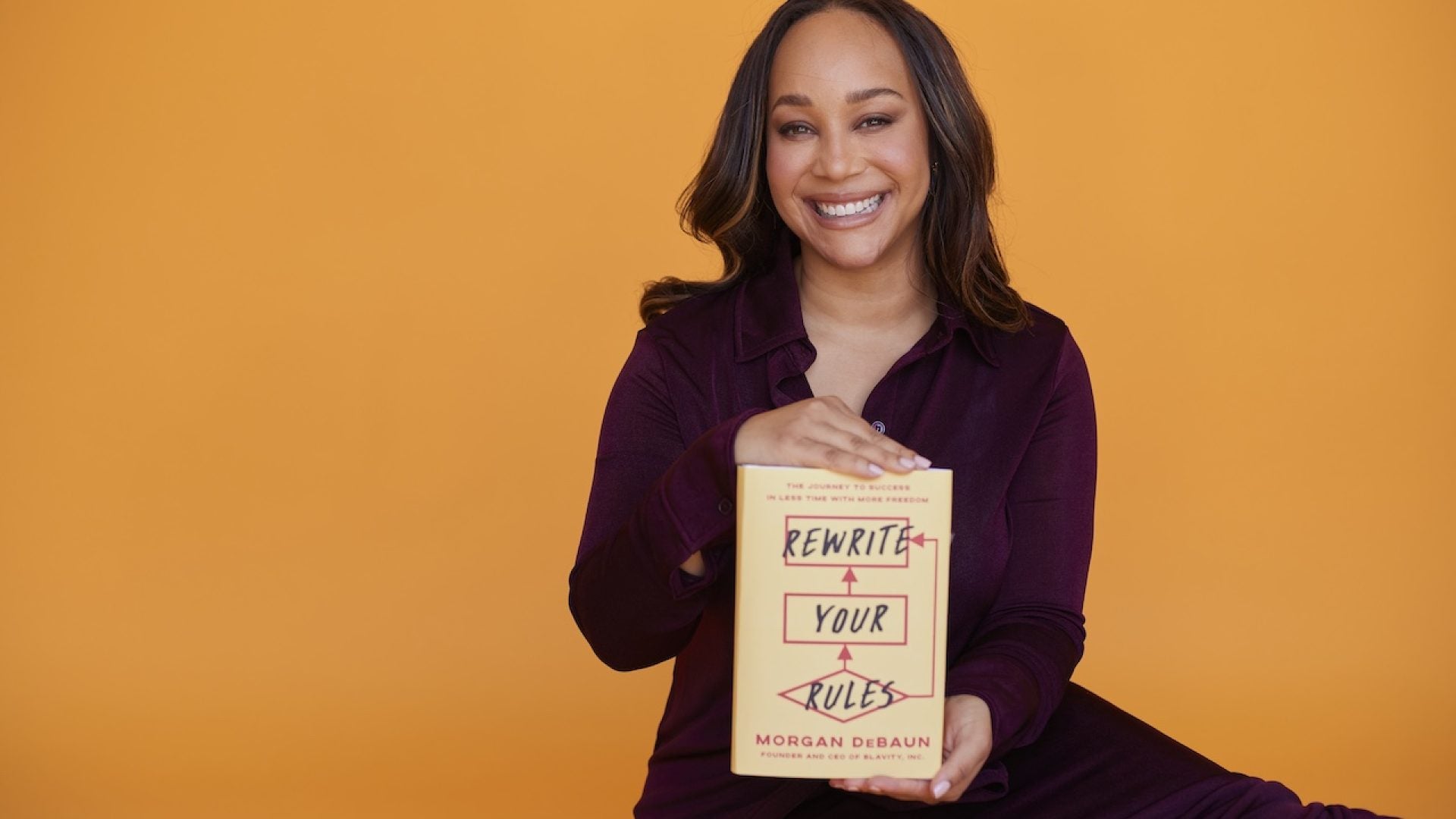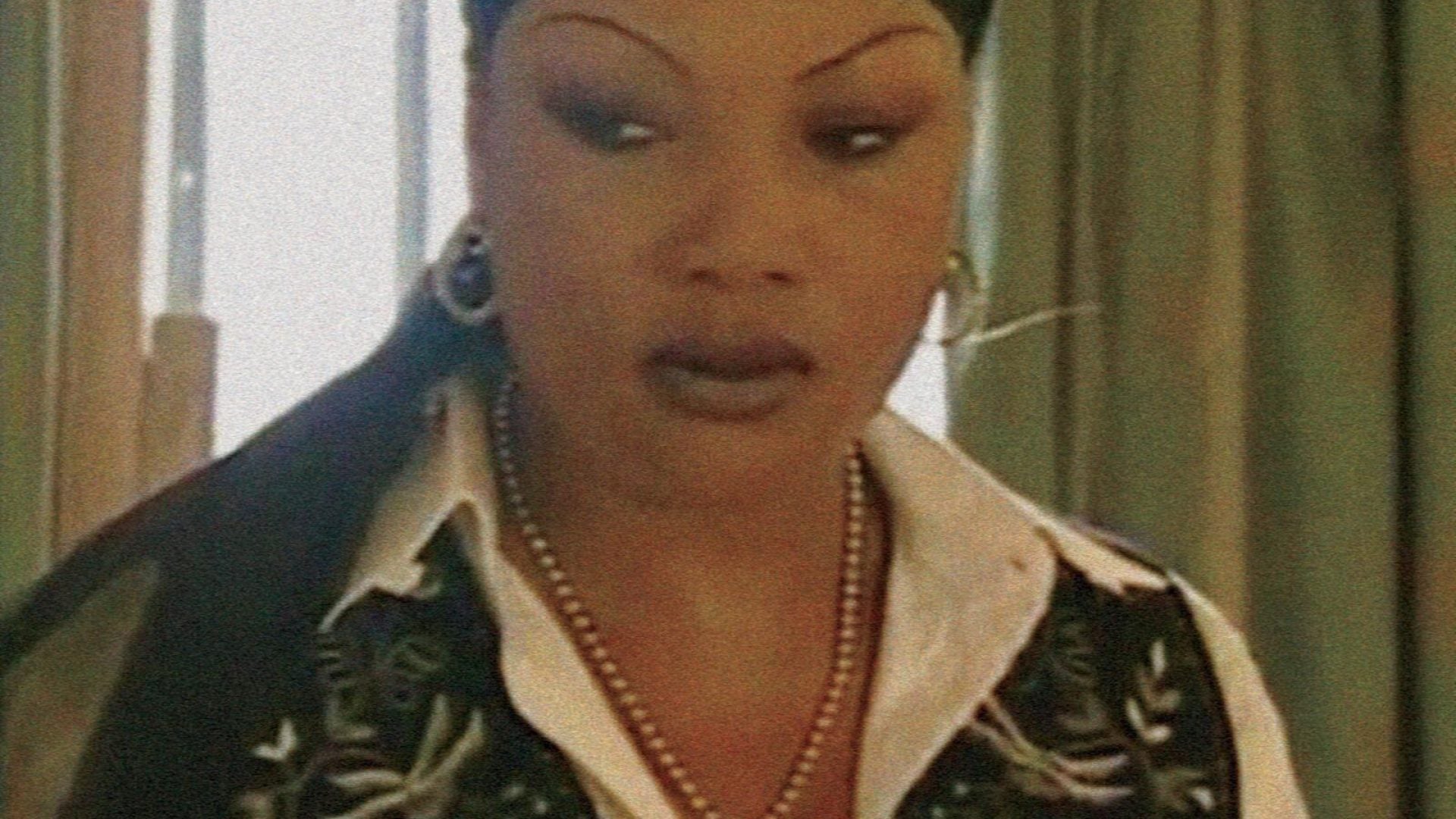Maybe there should be a revolving door on the front of the White House. When George W. Bush takes the oath of office on January 20, 2001, he will get the keys to the kingdom his father left eight years before – avenging his father’s defeat at the hands of Bill Clinton, some say. One of his first acts as president-elect was to name two Blacks – Colin Powell and Condoleezza Rice – among his top advisors. But does that mean his presidency will be any more beneficial to Black folks than his father’s was?
Nope, says Donna Frisby-Greenwood, formerly of Rock the Vote and executive director of Inner-City Games, a nonprofit that provides academic and athletic enrichment programs for children nationwide. “I don’t care how many women or how many African Americans attended or spoke at the Republican National Convention; this is the party that dismantled affirmative action, wants to overturn Roe v. Wade, will give tax cuts to the rich, wants to take money out of public education and give it to private schools, will ignore the AIDS crisis in America and Africa, intimidated thousands of Black Floridians on election day, and disproportionately threw out the votes of Black Floridians.”
How Bush might hurt blacks
Black women who are keeping an eye on the political scene have to closely watch the White House, Congress and the economy. If times get tight due to a recession or downturn in the economy, Bush’s $1 trillion-plus tax cut plan could eliminate money otherwise available for “safety net” spending that would benefit low-income Americans with everything from emergency heating funds to job programs. Bush has said he would support raising the minimum wage only if individual states can opt out, something Congress must decide first. And during the Clinton years, the prison population continued to grow even while the crime rate dropped. Now some experts are predicting a rise in crime – because the decrease in the crime rate has leveled off and the youth population is on the rise – which could provide even less motivation to reform racially biased drug laws.
“We won the presidency but lost it anyway,” says Congresswoman Eleanor Holmes Norton (D-DC), referring to Gore’s popular win. “You don’t get mad, you get even. Black women will play a key role in keeping Black people motivated. We’ve got to put our sights on taking back the House in 2002 and taking back the 50/50 split in the Senate.”
She’s keeping an eye on Bush’s tax cut plan, which would primarily benefit wealthy Americans. “The Clinton/Gore economy was so robust that Black men getting out of jail could often get jobs and Black women getting off of welfare could often find work. If that goes away, and we have a president who’s into tax cuts, the first people who will suffer are Black people.”
An upside?
Not every African American sees election 2000 as a loss. Phyllis Berry Myers is the executive director of the Center for New Black Leadership, a conservative think tank. She sees this as the beginning of new opportunities for Black parents on issues like vouchers, education reform, and among younger voters, on the privatization of Social Security. “There’s a significant number of Black voters who think school choice, home schooling as well as reforming public education is a high priority to them,” she says.
But Myers also acknowledges that “it’s going to take a great deal of leadership” to overcome the anger at the outcome of the election. “There is a need for Gov. Jeb Bush to find out what happened in Florida. We need electoral reform.”







Bush/Cheney is also taking a lesson from Clinton/Gore by building a team that “looks like America.” But what do their appointments of women, Latinos, Asians and African-Americans, particularly Colin Powell as secretary of state and Condoleezza Rice as national security advisor, mean? Economist Dr. Julianne Malveaux says: “It’s interesting to me that he’s getting people with foreign policy experience even though the heat is on domestic issues. And many of the Clinton advisors had cabinet rank and it’s interesting that Condi [Condoleezza Rice] does not.”
For some women, this election has focused more attention on rebuilding community. Carol Rasheed, a Florida-based entrepreneur and makeup artist who’s been in the film and television business for 15 years, sees a struggle for economic empowerment. “I think that as African-American women we need to get over whether it was Bush or Gore. This whole thing is going to force us to do for ourselves without worrying about which White man is in office.”
For weeks, we didn’t know how the election would turn out. Now that we do, we have to remain committed to making our voices heard. Congresswoman Norton says that sisters’ “deep involvement in community leads them to the polls. The vote is simply the culmination of that expression.” That means over the next four years, we must continue to read up on issues and talk kitchen-table politics; bring that wisdom into our local civic, educational and faith-based organizations; and make sure we continue to vote.






